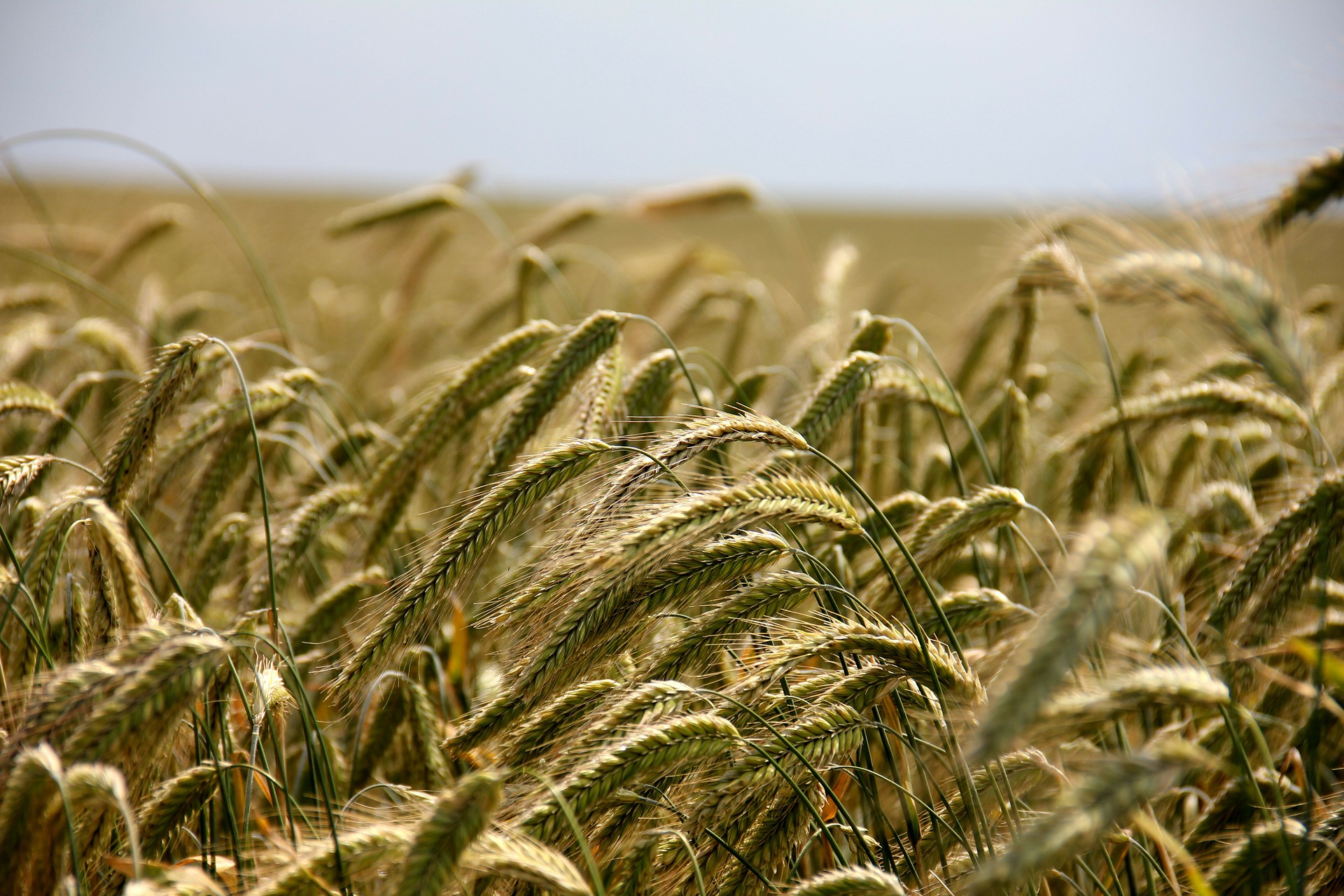Agriculture is an essential part of our society, though it has been facing various challenges due to growing population, climate change, soil erosion, and other ecological challenges. Scientists have estimated that by 2050, food demand will be 60% higher than it is today, but the amount of fertile land will keep decreasing. The agtech industry has been focusing on ways to improve yields, increase farming conditions, and overall increase sustainability in the agricultural world in order to ensure that there is enough food to feed the world in coming decades. One of the elements of agtech that has been increasing greatly lately is indoor farming technologies. In 2018, the global indoor farming industry was valued at around $26 billion dollars, and it is expected to grow to over $50 billion by 2025.
There is a huge potential for AI use in the indoor farming industry. Though indoor farming does not have traditional challenges in relation to soil use, pesticides, and climate, there are many other challenges to fitting thousands of crops in an indoor environment, monitoring light and water, etc. It is difficult to monitor and treat all plants when they are in a vertical orientation and there are thousands of different species, and large AI systems can be extremely helpful to solve these problems. Many companies have adopted these systems which are able to identify trays that need more light, water, or nutrients, and automatically adjust the controls to meet the crops’ needs. These systems are even so advanced that it can identify spectra of light, CO2 levels, airflow, the intensity of light, and other measures that are rarely monitored in traditional agriculture. Additionally, they will alert farmers when trays of crops are ready for harvest.
One of the most beneficial aspects of using AI for indoor farming is that with each crop cycle, the AI systems are able to use machine learning to improve for the next harvest. The more the AI systems are used, the more accurately they can give crops ideal living conditions, and therefore improve the quality and quantity of crops for the next cycle. AI is vastly improving indoor farming, which can improve the food experience for consumers who can receive fresher food faster, cheaper, more sustainability, and closer to home.
Author: Marta Rohner
